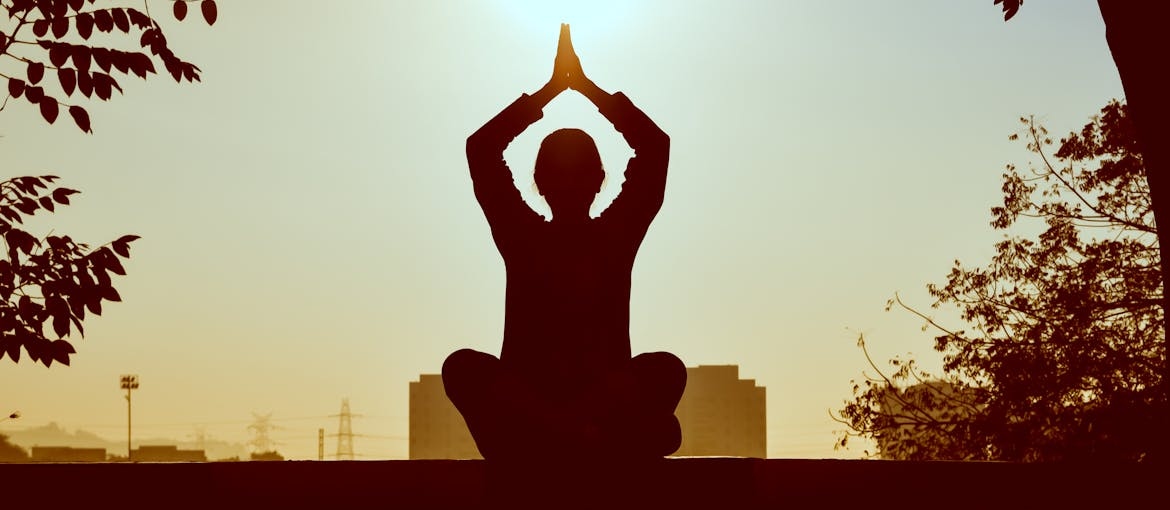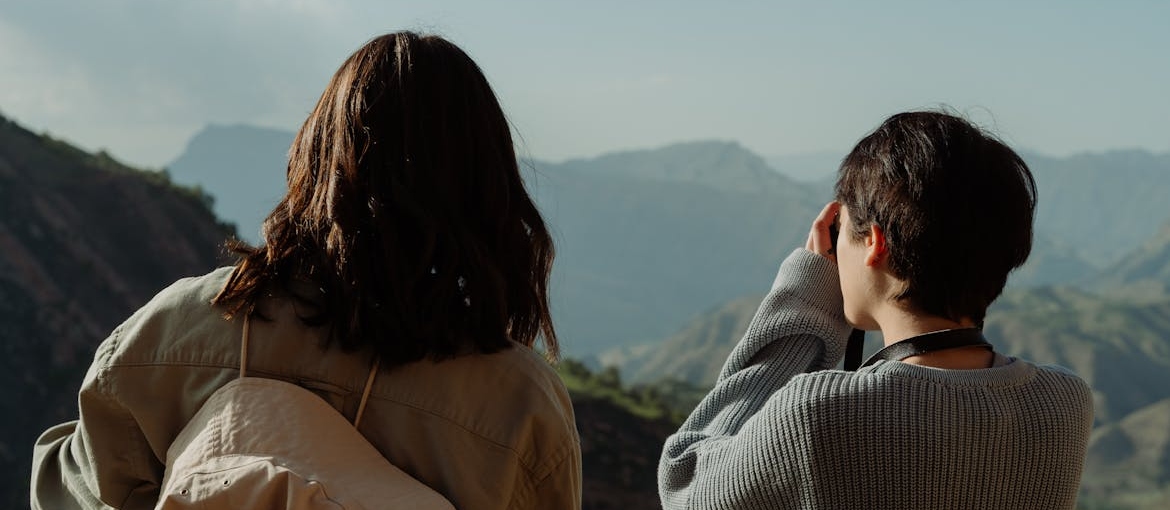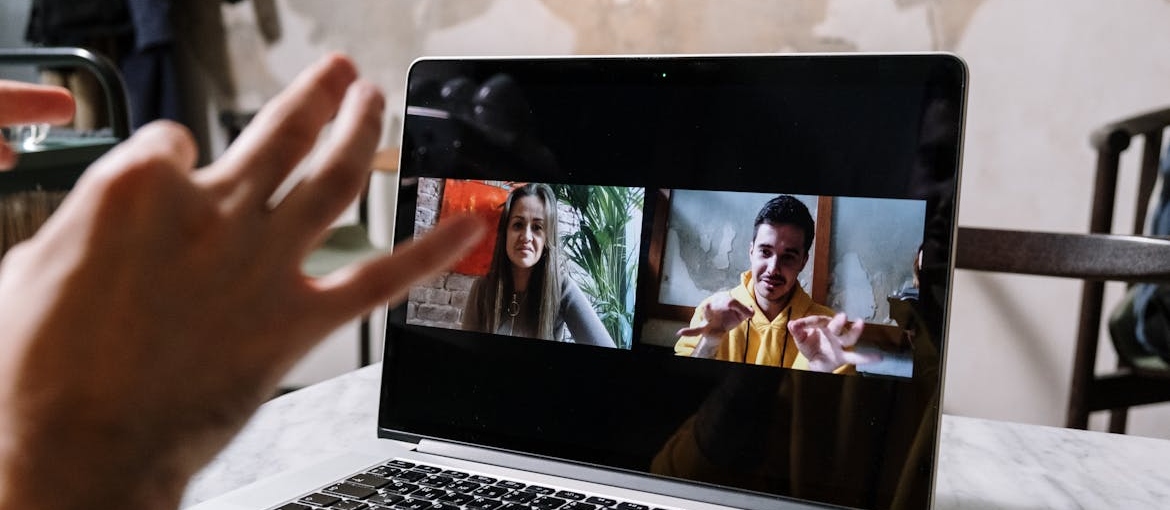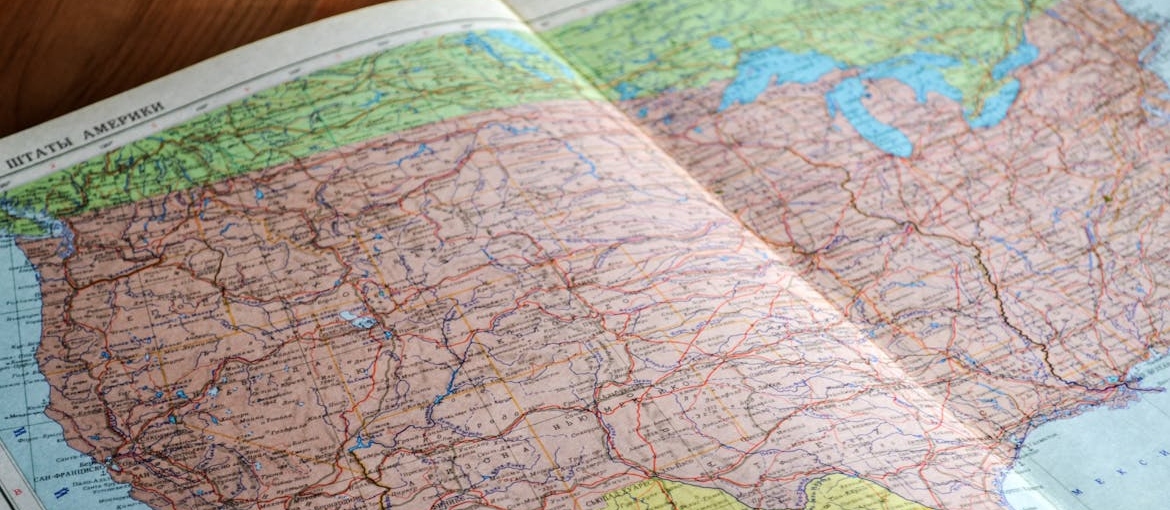Planning sober vacations can feel tricky at first, especially if you’re used to trips filled with parties or alcohol. But travel doesn’t have to include drinking to be fun. You can relax, explore, and enjoy new places without risking your progress. This kind of travel helps you focus on what truly makes you feel good. You don’t need to figure it all out alone. We’ll go over simple ways to plan a trip that supports your recovery. You’ll find tips on where to go, what to do, and how to avoid stress. If things feel tough, help is always out there. Many people turn to rehabs in WV and similar support programs to build strength before or after travel. The goal is simple—feel safe, stay sober, and actually enjoy your time away.
Planning Activities That Align With a Sober Lifestyle
You don’t have to miss out on fun while staying alcohol-free. Sober vacations work best when your plans match your goals. Pick activities that give you joy, not stress. Whether you’re into nature, movement, or quiet reflection, there’s always something to try. You can still explore, meet new people, and try new things. The key is to plan ahead and make choices that protect your progress and support your growth.

Outdoor Adventures That Don’t Involve Alcohol
Being outside can calm your mind and lift your mood. It also helps you stay focused on recovery. Nature has no bars, and the outdoors won’t pressure you to drink. Fresh air, movement, and new sights can replace old habits. These activities give you purpose and leave no space for drinking urges. Try things that are active, peaceful, or just plain different from your old routine. Here are ideas to consider:
- Hiking trails
- Kayaking or paddleboarding
- Beach walks or mountain climbs
- Biking tours
- Zip-lining or rock climbing
Mindful Travel: Yoga, Meditation, and Nature Retreats
Mindful travel helps you stay grounded and calm. You get a break without the chaos. Many people recovering from alcohol use find peace through yoga or silent retreats. These trips help you focus inward. They don’t push you into risky settings. A calm setting also gives your mind time to reset. If you’re in therapy, ask about adding motivational interviewing for substance abuse into your daily practice.
That kind of support can travel with you mentally. Retreats give you simple meals, gentle movement, and quiet space. You don’t need to talk about recovery the whole time either. These trips let you rest and reset. Try looking for centers that offer daily movement, no alcohol zones, and healing activities. If you’re unsure where to start, ask your therapist or local support group for ideas.

Exploring Culture, Food, and History Without the Bar Scene
You don’t have to drink to enjoy local food or learn about a city’s history. Skip bar crawls and late nights. Pick walking tours, museums, or cooking classes instead. Ask your hotel for quiet places or events that don’t center around alcohol. Explore farmer’s markets, cultural centers, or music shows that don’t serve drinks. Many restaurants now serve non-alcoholic beverages that feel special without the risk.
You can still go out, eat well, and have fun without triggering cravings. If you’ve asked yourself what is a sober vacation, this kind of trip answers that question clearly. It’s about staying present and feeling proud. You may notice more, remember more, and connect deeper. The best part? You don’t wake up feeling regret or brain fog. Just clear thoughts, good food, and real experiences.
Staying Sober While Traveling Away From Home
Leaving home means leaving your usual support behind. That’s why planning ahead matters so much. Sober travel works better when you bring pieces of home with you—tools, routines, and small habits that help you stay on track. Don’t wait until you’re overwhelmed. Plan for tough moments before they come. Know what to say, who to call, and how to calm your body. Keep things simple. Protect your energy. You’ve worked hard to get here.
Tips to Stay Accountable During Sober Vacations
Keeping your routine, even while away, makes it easier to stay on track. A few small habits can go a long way in helping you stay focused and supported. These tools also help you if you feel tempted or anxious. Use them daily to remind yourself why your recovery matters. Here are some simple accountability tips that work well on the road:
- Check-in texts
- Journaling
- Alarms or reminders
- Morning walks
- Recovery podcasts

What to Pack to Support Your Recovery On the Go
Packing smart can make the difference between stress and calm. Include items that bring structure, comfort, and support. Even simple things like a journal or a schedule help you feel more in control. Think about your weak spots and what helps you most at home. This list isn’t about packing light. It’s about packing right for your health. Below are some useful things to bring when planning how to stay sober on vacation:
- Recovery books
- Snacks
- Sleep aids
- Comfort items
- Emergency contacts
How to Handle Triggers and Social Pressure During Travel
Pressure shows up fast when you’re far from home. A new place can feel exciting—but also risky. Parties, beach bars, or loud crowds may leave you feeling stuck. That’s when planning helps the most. Have short phrases ready to say no. Find a quiet place to step away. If triggers feel strong, call someone you trust or connect with a treatment center.
One good option is an alcohol rehab new Lexington OH offers, especially for those traveling in that region. You don’t have to fight cravings alone. Even if you don’t drink, feeling that urge can be exhausting. Rest, hydrate, eat, and get space when needed. Let your travel buddy know in advance what helps and what doesn’t. Honesty goes a long way when your health is on the line.

When to Seek Professional Help Before or After Vacation
You may feel ready to travel, but some trips hit harder than expected. Others show you that more support would help. That’s okay. Asking for help is a strong choice, not a weak one. If you’re not sure what you need, talk to someone who understands recovery. Therapy, group meetings, and rehab programs can help you sort things out. Sober vacations should help you feel better—not worse. Don’t wait until you’re overwhelmed to reach out.
How Therapy Can Strengthen Your Sobriety Before You Travel
Before you leave, talk with your therapist about the trip. Share what you’re excited about, and what worries you. Many people bring up travel in group therapy for addiction, because these moments come with both growth and risk. You’ll feel more confident when you have a plan. A good therapist will help you set clear goals and coping tools.
You can even roleplay conversations or rehearse how to say no to a drink. Therapy gives you a safe place to prepare. It’s not about making the trip perfect. It’s about giving you support before you need it. That way, you know what to do if cravings show up. You’ll know how to care for yourself in a new place without falling back into old patterns.
Using Online Recovery Meetings While You’re Away
Online meetings are one of the easiest ways to stay connected. You don’t have to skip support just because you’re traveling. Many residential treatment facilities in WV help people build this habit early in recovery. These meetings are simple to join and available nearly all day, every day. You can sit in your hotel room, listen quietly, or share if you feel ready.
Nobody needs to know you’re attending. No pressure. Just connection. If your routine includes meetings, don’t stop while you travel. You’ll feel stronger when you keep that piece of structure. Apps like Zoom, In The Rooms, or AA Online help you access support on the go. If you’re unsure how to find the right group, ask a counselor or peer before your trip. Add it to your plan—it’s worth it.

Finding Long-Term Support From Addiction Treatment Centers
After the trip, you might feel strong—or shaken. Either way, check in with yourself. If you struggled to stay sober or felt overwhelmed, it’s okay to ask for help. A program like a drug rehab that accepts Tricare may work for you, especially if you need both flexibility and structure. These centers give you tools, people, and guidance you can’t always get on your own.
The goal is to help you reset and move forward. You don’t need to crash before reaching out. If you feel anxious, tired, or triggered often, talk to someone. Let recovery be part of your daily life, not just something you do after a setback. Support doesn’t have to be big or dramatic. Sometimes, one conversation is all it takes to change your path.
Choosing the Right Destination for Sober Vacations
Where you go matters just as much as what you do. The right destination can help you stay focused and relaxed. You don’t need loud crowds, open bars, or endless temptations. Sober vacations feel best when the place matches your values. Think about what makes you feel grounded—nature, quiet, movement, or meaningful connection. Pick spots that help you rest, not hide. This part matters, especially if you’re still learning what works for you.
Safe and Supportive Travel Spots for People in Recovery
Some places make sober travel easier. Cities with active recovery groups, peaceful retreats, or wellness resorts can feel more comfortable. When people ask, where do sober people socialize, the answer depends on the setting. You’ll find meetups, local events, and fitness groups in many areas. Choose cities known for mindfulness, clean living, or outdoor fun.
If you’re near West Virginia, you might also look into options like outpatient cocaine rehab before booking. That way, your trip supports your health, not just your calendar. Always check if local meetings or therapists are available nearby. You don’t need to travel far to feel good—you just need the right spot. Call ahead if needed, and don’t be afraid to ask hotels or retreats if they’re recovery-friendly.
Top Sober-Friendly Vacation Destinations in the U.S.
There are several places that support sober vacations without pressure or risk. These destinations offer calm, fun, and connection without relying on alcohol-centered activities. Each spot below has something special for people in recovery:
- Sedona, AZ: Nature, wellness, and peace.
- Asheville, NC: Art, hiking, and support groups.
- Portland, ME: Food, history, and sober events.
- Santa Fe, NM: Residential retreats and art.
- San Diego, CA: Beaches, yoga, and recovery spaces.

How to Avoid Party-Centric Locations While Planning Your Trip
It’s easy to pick the wrong place if you don’t plan carefully. Some cities look fun online but feel risky in person. When people ask do they have sober cruises or what is sober clubbing, they’re looking for fun that doesn’t involve pressure to drink. The truth is, those options exist—but they’re rare.
It’s better to pick locations with nature trails, museums, or wellness centers. Skip places known for wild nightlife. Avoid hotels with bars in the lobby. Check events in advance. If a place feels risky, pick somewhere else. You’ve come too far to feel trapped on vacation. You can still have a great time. Just choose places that support your health, not test it. Look for calm, healing, and space to breathe.
You Deserve Trips That Feel Safe and Real
Sober vacations don’t have to be boring or stressful. You can still enjoy travel, rest, and fun—just without alcohol getting in the way. The most important thing is planning ahead. Choose places that match your values, and fill your days with things that help you feel good. Bring what you need to stay grounded. If you run into challenges, don’t ignore them. Reach out for help. Support makes a difference, even while you’re away.



